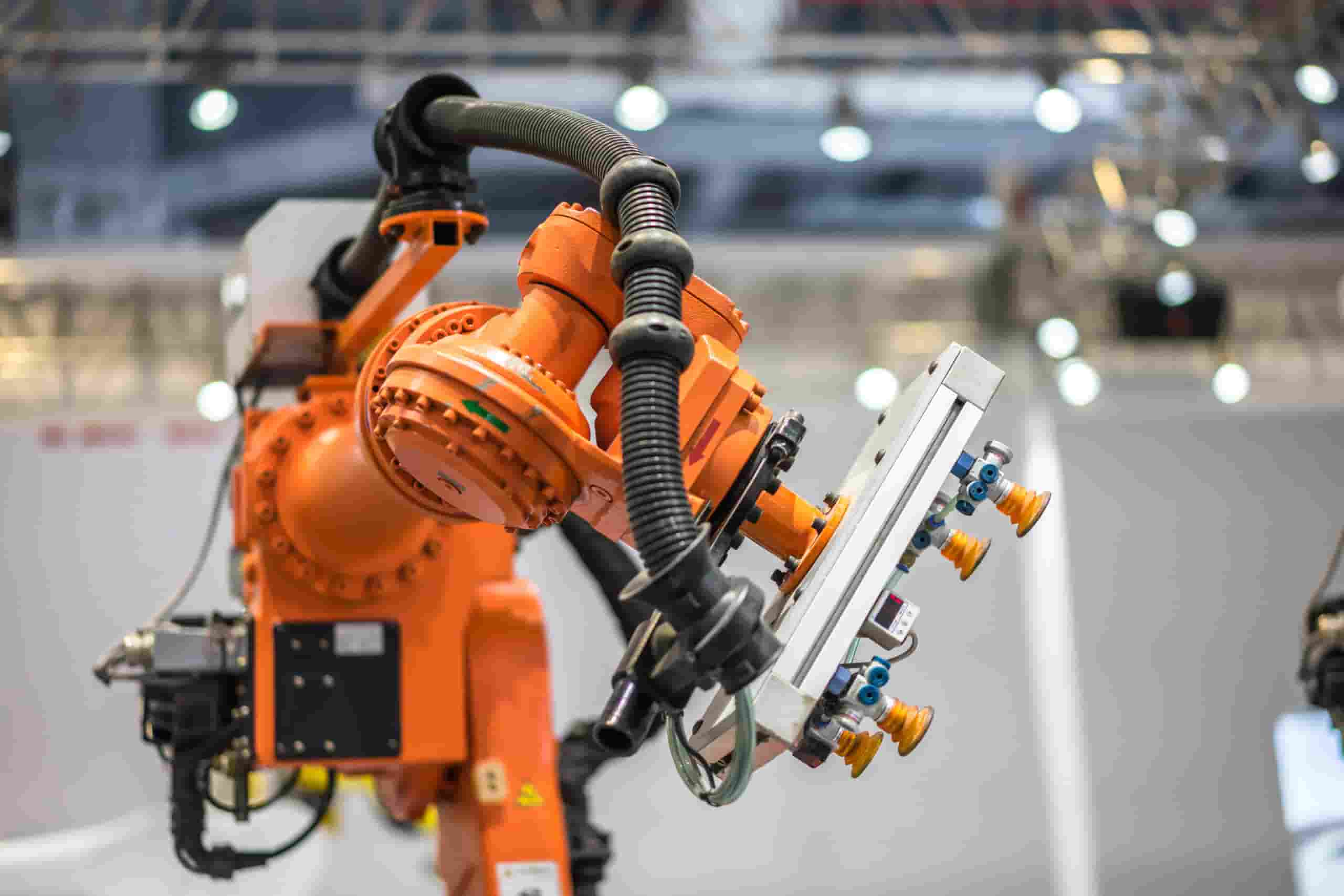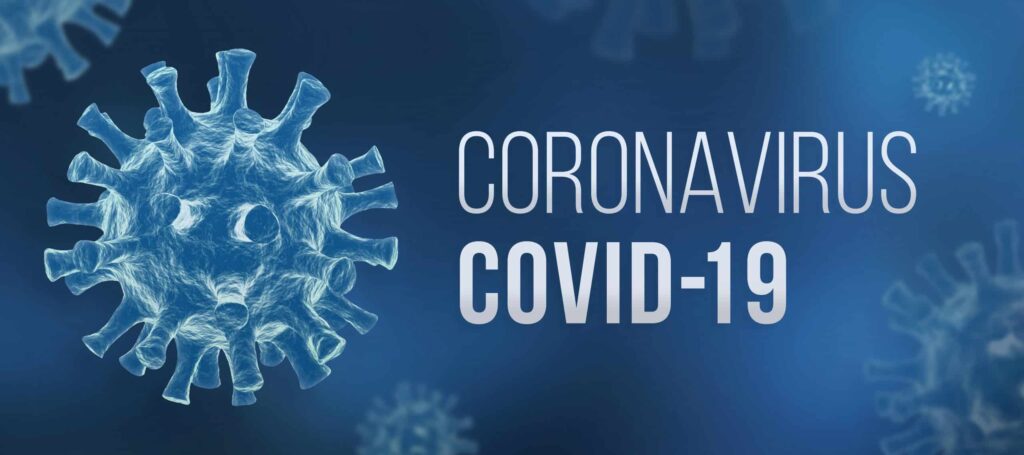Five Questions with Cara Mazzarini, Technology Portfolio Manager, ARM Institute
 Earlier this year, ARM held a special technical project call specifically for COVID-19 remediation. Nine projects were selected through that call. In addition, the CARES Act passed by the federal government allocated some funding through NIST for additional COVID-related projects, and one ARM project was selected through this program. Cara Mazzarini, Technology Portfolio Manager at ARM, has been leading the effort for these 10 projects, and gives us an update in our monthly “Five Questions” column.
Earlier this year, ARM held a special technical project call specifically for COVID-19 remediation. Nine projects were selected through that call. In addition, the CARES Act passed by the federal government allocated some funding through NIST for additional COVID-related projects, and one ARM project was selected through this program. Cara Mazzarini, Technology Portfolio Manager at ARM, has been leading the effort for these 10 projects, and gives us an update in our monthly “Five Questions” column.
1. Why did ARM decide to focus on COVID-19 remediation with its project calls?
As it became evident that the pandemic was going to have a devastating and lasting impact on the world, we knew we were uniquely poised to address the challenge. Our 278-member organization is the nation’s very best in building innovative technologies for manufacturing, and we knew that expertise was exactly what was needed to overcome the challenges of COVID-19. By focusing on remediating the impacts of the virus, we could use the skills of the consortium to make a meaningful impact on our nation’s recovery.
2. How involved have ARM members been in responding to ARM’s project calls?
We’ve had an exceptional response from our members. Over the course of several project calls since March, we received 60 proposals from teams representing 85 different member organizations. The members leveraged the connections they’d made at past ARM events and prior collaborations to quickly spring into concept and proposal generation.
The great need for these solutions created an environment of heightened urgency, to which the teams responded with grace and precision. We were able to conduct the project call and contracting process so rapidly (45 days from call to award) thanks to the dedication of the project teams and hard work on the part of ARM staff.
3. Folks can read about our projects here. Can you give us a high-level overview of the types of challenges these projects are trying to address?
You can think of these projects in a few categories: we have those aimed at minimizing the spread of the virus through robotic disinfection, some focused on expediting the production of personal protective equipment like face masks and hygienic gowns, and others producing the materials and processing equipment needed for widespread and rapid community testing.
4. What is the timeframe for completion for these projects?
These projects range from six months to one year in duration. The first project is finishing up this month, with the remaining majority concluding in August 2021.
5. Are these projects consistent with ARM’s mission? If yes, how so?
This work is perfectly aligned with ARM’s mission. We’re able to continue advancing the state of the art in advanced robotic technologies and apply those developments to the critical needs related to COVID-19 recovery. Our teams are building upon their experience in past ARM projects using collaborative robotics, autonomy, and Artificial Intelligence to imagine, design, and demonstrate robotic systems capable of mitigating the harm of COVID-19.
ABOUT THE ARM INSTITUTE
The Advanced Robotics for Manufacturing (ARM) Institute accelerates the development and adoption of robotics technologies that are the foundation of every advanced manufacturing activity today and in the future. We leverage a unique, robust and diverse ecosystem of partners across industry, academia and government to make robotics, autonomy and artificial intelligence more accessible to U.S. manufacturers large and small, train and empower the manufacturing workforce, strengthen our economy and global competitiveness, and elevate our national security and resilience. Founded in 2017 in Pittsburgh, PA by Carnegie Mellon University and operating as an independent non-profit funded by the Department of Defense, ARM is part of the DoD Manufacturing USA® network. Learn more at www.arminstitute.org.

